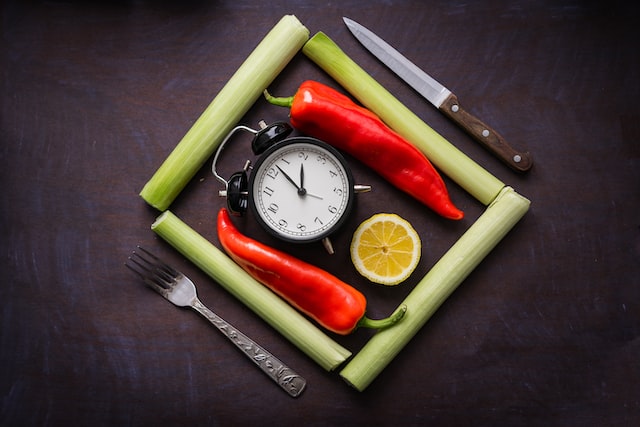
Running & Nutrition: How To Fuel Your Runs Appropriately
Whether you’re a long-distance runner training for a marathon, or more of a casual runner around your neighborhood, being able ...
Whether you’re a long-distance runner training for a marathon, or more of a casual runner around your neighborhood, being able to fuel yourself correctly will have a large impact on how you feel during exercise, how you perform, and how you recover. Nutrition is just as, if not more important, than the training itself for runners. Knowing how to use food as fuel to prepare, as well as recover from running, will make a large difference in your running capabilities. Let’s dive deeper into the importance of our nutrition choices before and after running, including how to utilize the different macronutrients and micronutrients, as well as the importance of hydration.
Before Running
Carbohydrates are our main source of energy, especially during exercise, making them very important to consume before going on your run. But what types of carbohydrates should you be eating to better your performance? Well, that can depend on what type of run or workout you’re completing that day, and the time you are having your pre-run meal/snack. Simple carbohydrates such as fruit and fruit juices, sports drinks, gels, and other products with added sugar are broken down quickly in the body, providing a quick “energy spike” (PennMedicine). These can be beneficial to eat 30-60 minutes before a shorter run. If you’re eating 2-3 hours before a long-distance run, consuming complex carbohydrates are going to sustain you for that time. Complex carbohydrates are found in whole-grain foods, such as oats, breads, quinoa, brown rice, and more. They are broken down slowly, providing a steady source of energy (PennMedicine). A small amount of protein can also be consumed before running to stay full and prevent excess muscle breakdown. One thing to avoid before running should be high-fiber foods, such as beans, lentils, and some vegetables, as they take more time to digest and can cause some stomach discomfort.

Hydration
Hydration is, of course, very important for all individuals. Runners, however, need to especially be aware of adequate fluid intake, as many fluids are lost during exercise. The rule-of-thumb is to drink at least 8 glasses of water a day, and to listen to your body’s thirst mechanism. (PennMedicine). If you are constantly drinking water throughout the day, there is no need to drink a large amount before your run, as this can cause discomfort as well. Similarly, drinking water during your run isn’t necessary unless you are running for longer than 45 minutes to an hour.
As you are consuming water, it is important to have a balance of electrolytes in your body. Electrolytes include minerals such as sodium, potassium, and chloride. They are often lost through sweat during exercise, making it important to replenish them during or after running (resource). Without an adequate amount of these nutrients, fluids cannot be absorbed properly. Electrolytes are commonly found in sport drinks such as gatorade.
After Running
Refueling properly after running is necessary for recovery, as many nutrients are depleted. Whether you prefer to eat a light snack soon after your workout, or wait to have a larger meal, there should be plenty of carbohydrates and protein incorporated, as well as fluids and electrolytes. Carbohydrates need to be replenished, as we have established that they are our main source of energy, which was just drained during your workout. Running can also be strenuous on your muscles, breaking them down during exercise. Eating protein after your workout will prevent muscle breakdown and help repair them. Quick snacks directly after a run can look like chocolate milk and a protein bar, or if you prefer to have a larger meal, examples could be a sandwich, eggs and toast, chicken and rice, a greek yogurt bowl with granola and fruit, etc.
As a runner, understanding what foods you should (or shouldn’t) be eating will greatly impact how you feel, recover, and improve your performance. Too many athletes focus too much on their training and exercise to progress, when in reality, being able to utilize food to properly fuel yourself will allow you to be the best runner you can be.
If you have more questions on fueling for running, exercise, or anything else nutrition related, click here to schedule a call with Alli.
This article was written by Emma Bulan, nutrition intern. Fact checked by Allison Tallman RD.

